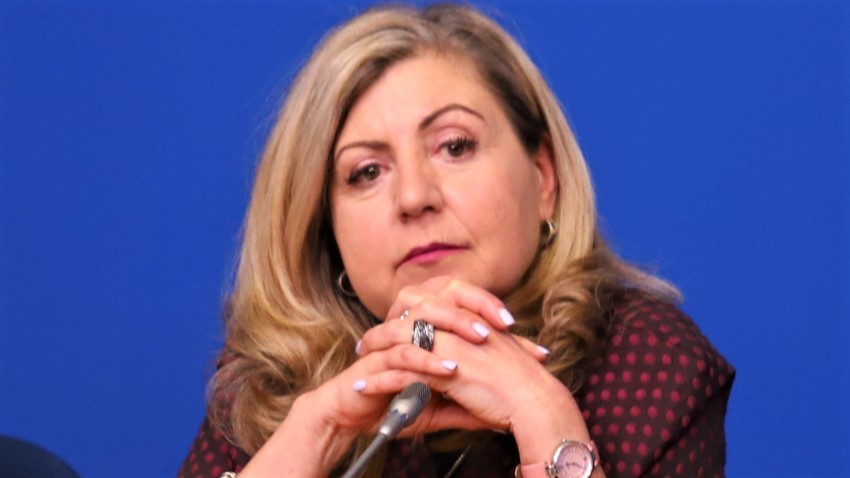Without any designated meetings of any members of the joint historical Bulgaria-North Macedonia commission, without resuming the discussion, all of a sudden it transpired that some kind of accord had once more been reached on the sensitive issue of the national identity of important figures from the history of Bulgaria. Historical sources clearly indicate the appurtenance of St. Kliment, St. Naum and Tsar Samuel to the Bulgarian state and alphabet, still the issue has become a bone of contention in North Macedonia.
An official solution to the controversy does exist – the 2019 protocol regarding bilateral relations with Bulgaria, when the Macedonian side agreed to the joint celebration of historical figures, together with Bulgaria. “At the time, the protocol was signed by both countries, and we are obviously reviving it now,” says Professor Anna Kocheva from the Bulgarian Academy of Sciences’ Institute for Bulgarian Language:
“Three years ago historians from the two countries agreed to celebrate these figures together, and what is most important – they agreed on changing and correcting history books (in North Macedonia – the 6th grade text books, and in Bulgaria – the textbooks for the 5th grade). It is quite some time since this accord was reached. Then the North Macedonian side, represented by its historians, somehow withdrew from these decisions. They took a step back. With the colleagues from the commission it is a bit like the tango – one step forward, two steps back – only the issue was put on the back burner for a long time. And as very little progress was being demonstrated, through no fault of the Bulgarian side, now our colleagues from the Republic of North Macedonia are trying to send out a message that things are moving forward. Judging by the way a breakthrough in relations, in the bilateral dialogue is being affected, what will follow will be a step back. After all this, I am moderately optimistic about the ultimate result.”

As a historian, Prof. Kocheva can only take a guess as to what prompted her colleagues from North Macedonia to take a step forward regarding the protocol signed with Bulgaria in 2019. But in view of North Macedonia’s wish to join the EU, things have picked up and the country is ready to implement the conditions of the so-called French offer. One of the stipulations in the offer is that all agreements already signed, including the 2017 goodneighbour agreement between the two countries, must be observed.
“Obviously, after the Bulgarian veto on the launch of EU accession negotiations with North Macedonia was lifted, now we can suspect there is pressure by the European institutions, though no longer on Bulgaria, but on North Macedonia,” Prof. Kocheva says, and adds that when we talk about making correction to history textbooks, this should not mean one of the sides only:
“Our own history textbooks are also in clear need of important corrections, especially for the 1944-1950 period, the time when, in what is now Pirin Macedonia, the then Bulgarian Communist Party instigated violence on a major scale, and the population of Pirin Macedonia endured two attacks within the space of 3-4 years. The first time it was supposed to be forced into being Macedonian, and the second time – to go back to being Bulgarian. This took place in the spirit of the bigger, all-Balkan policy dictated by Belgrade and Moscow. These pages of our past should be read thoroughly, with the aid of documents. But an apology should also be sought from the successors of that communist party which allowed such woes to befall its compatriots.”
"There was definitely more tension in this session of the European Parliament." This was commented by Angelina Piskova, BNR correspondent for the European institutions during a journalist round table in the programme "Strasbourg Calling" broadcast..
Greece temporarily closes route for migrants from North Africa Greece is suspending for 3 months asylum applications from migrants arriving in Greece from North Africa by boat, EuroNews-Greece reported. "The route to..
The deadline for the start of the implementation of the new European Media Freedom Act (FEMA) is fast approaching - August this year. "Some Member States are already quite far in implementing the European Media Freedom Act because some of..

+359 2 9336 661
